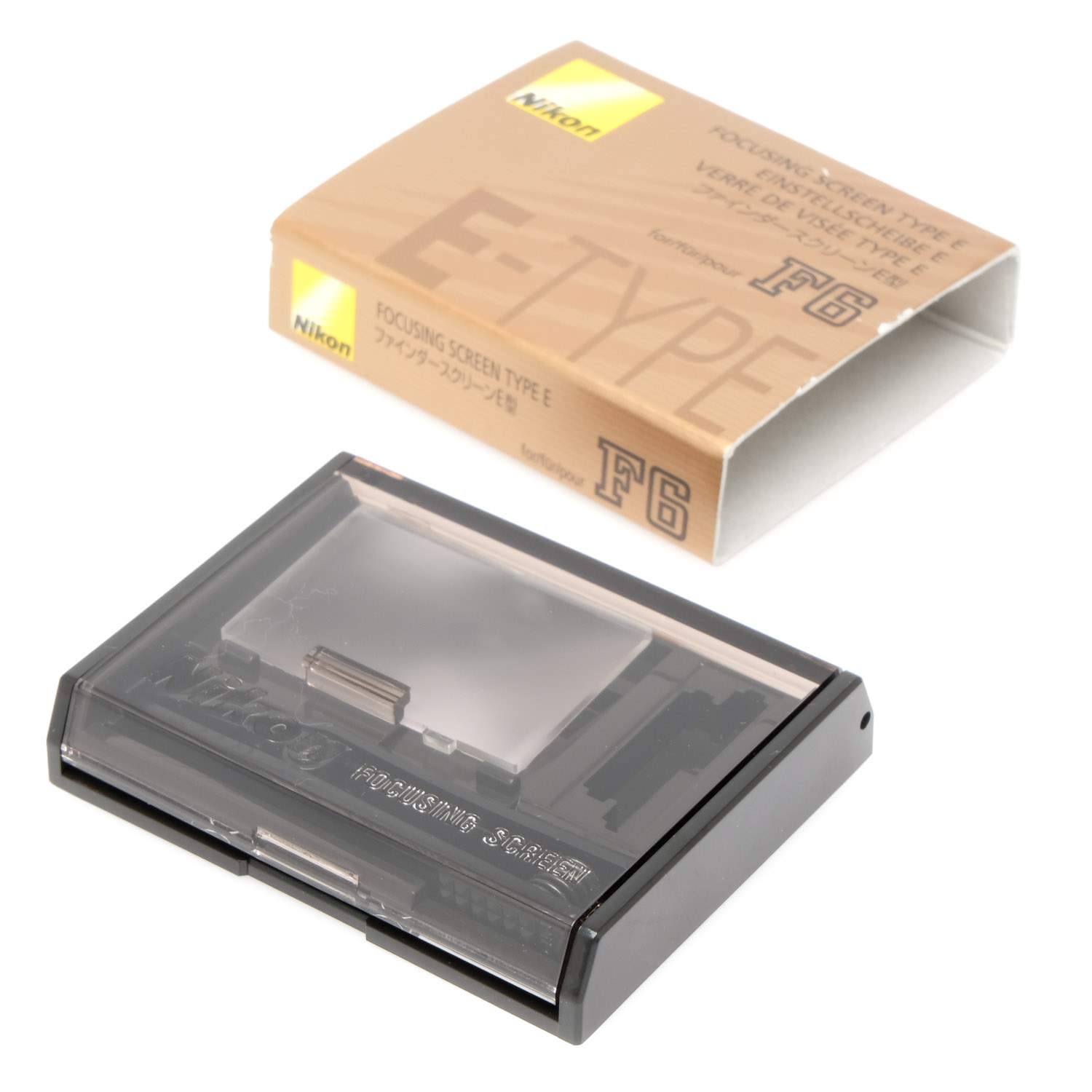
I love the overall package of the MX but its lightweight body doesn’t instill confidence that it’d survive a rapid deceleration against a hard object, or live long after bouncing along a dusty trail in the woods. Maybe something more than center weighted metering? What about autofocus? Greater durability? I burned through many rolls of film, slowly improving. It’s svelte, lightweight, compact, and mechanical. I eventually got into Pentax love through bodies lying around the house, and started to develop my own camera tastes, still under the Pentax umbrella.
MANUAL FOCUS NIKON F6 UPGRADE
It never really worked out (I’m quite certain there’s no photographic evidence of my eighteen years of playing) but she continued to upgrade within the Pentax line of film cameras, culminating in an early leap to the digital Pentax ist DS before putting the dedicated cameras down forever. My first camera was a Pentax P30T that I stole from my mother, who was the photographer of the family standing on the sidelines of soccer games trying to capture the action. Cameras are deeply personal tools, not devoid of character or nuance. Yes they’re all going to be used for the same purpose, taking a photo, but they all go about it a different way with different mechanisms and methodologies. I look at them as mechanical objects, sure. I began to question the idea that cameras are just tools. This article isn’t a story about two photographers debating philosophy. What could it possibly be that the D750, a very capable and respected camera, was no longer delivering?

My question was an attempt to cut through the manufacturer’s marketing bull, get to the heart of why a person whose work I genuinely respect was upgrading when the earlier body is clearly able to handle all that they’re asking of it. My original intention when reaching out to the previously mentioned photographer wasn’t to ask for that magic combination of settings and camera and lens, or insinuating that his work was anything less than the result of mastering the various important elements needed to create a good photograph.

A great photographer posts a great photo on the internet, and someone inevitably asks what camera made the shot, and at what settings, as if dialing in some magic combination of ISO, shutter speed, and aperture will allow any average person to exactly duplicate the shot of a visionary pro. The camera is doing all of the work, and the photographer exists only to point it in the right direction. We see this philosophy in comments sections everywhere, even if it’s not acutely stated. Yet there are just as many shooters who hold the opposite view that a good photo is all about the camera. Those of us who try to be good photographers know that the camera plays only a small roll in the process.
MANUAL FOCUS NIKON F6 PROFESSIONAL
But I think the professional was having a knee jerk reaction to my question, a question he must get asked a lot.

This is the accepted wisdom, and I agree with it. “As a working photographer, a camera is merely a tool,” and “the camera is not everything,” and “professionals have the ability to look beyond the marketing hype.” The response I received was interesting in that it plummeted down a well worn rabbit hole of anti-gear clichés. After seeing some photos from the new rig, I asked how he was liking it. A photographer whose work I admire recently upgraded from the Nikon D750 to the newer Nikon D780.


 0 kommentar(er)
0 kommentar(er)
